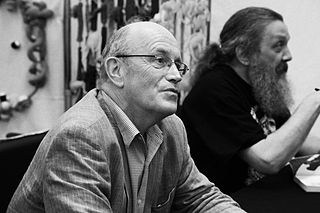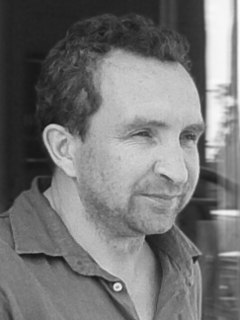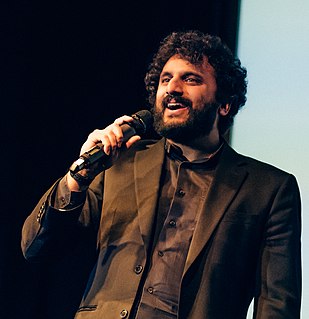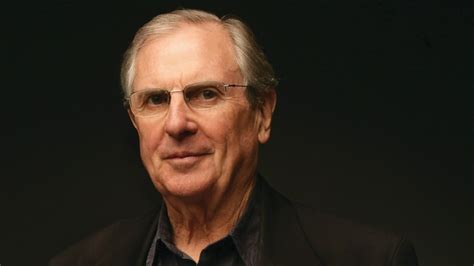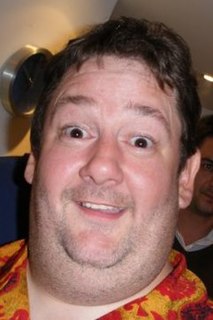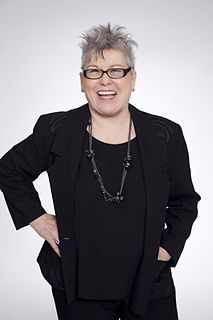A Quote by Peter Capaldi
In Peter Ackroyd's book 'London: The Biography,' he describes the route of the medieval wall that enclosed the original city. Take the book and follow it from the Tower of London via the Barbican to Ludgate Hill. You experience the real history of London.
Related Quotes
London' is a gallery of sensation of impressions. It is a history of London in a thematic rather than a chronological sense with chapters of the history of smells, the history of silence, and the history of light. I have described the book as a labyrinth, and in that sense in complements my description of London itself.
'London' is a gallery of sensation of impressions. It is a history of London in a thematic rather than a chronological sense with chapters of the history of smells, the history of silence, and the history of light. I have described the book as a labyrinth, and in that sense in complements my description of London itself.
For the bookish, London is a book. For criminals, a map of opportunities. For unpapered immigrants, it is a nest of skinned eyes; sanctioned gunmen ready to blow your head off as you run for a train. When the city of distorting mirrors revealed itself, through its districts and discriminations, I discovered more about London's past as a reworking of my own submerged history.
I think one of the London Film Festival strengths is that it's set in London but it's not about London. It's about the diversity of this city and it's about world cinema. And that's what London is - London is a place where its identity is always in a state of flux. So, this festival celebrates the way in which it is always changing. That's why London is a fascinating place and that's why the film festival is a fascinating film festival.
I wanted to cut past the polemics and experience London's Muslim communities for myself. My first visit was to Tower Hamlets, an East London borough that is about 38% Muslim, among the highest in the U.K. As I walked down Whitechapel Road, the adhan, or call to prayer, echoed through the neighborhood.
I was born in England and brought up in London. When I was 18 I read a book and came across the Dharma. I was halfway through the book when I turned to my mother and said, "I'm a Buddhist," to which she replied, "Oh are you dear? Well finish the book and then you can tell me about it." I realised I'd always been Buddhist but I just hadn't known it existed, because in those days not even the word 'Buddha' was ever spoken. This was in in the 1960s, so there wasn't that much available, even in London.
It's incredible how London-centric the theatre world is. Certain actors won't travel away from London anymore for work; practitioners often aren't taken seriously enough unless their work is seen in London; and it's sometimes very difficult to get national critics to review shows - especially if there's a clash with a London press night.


